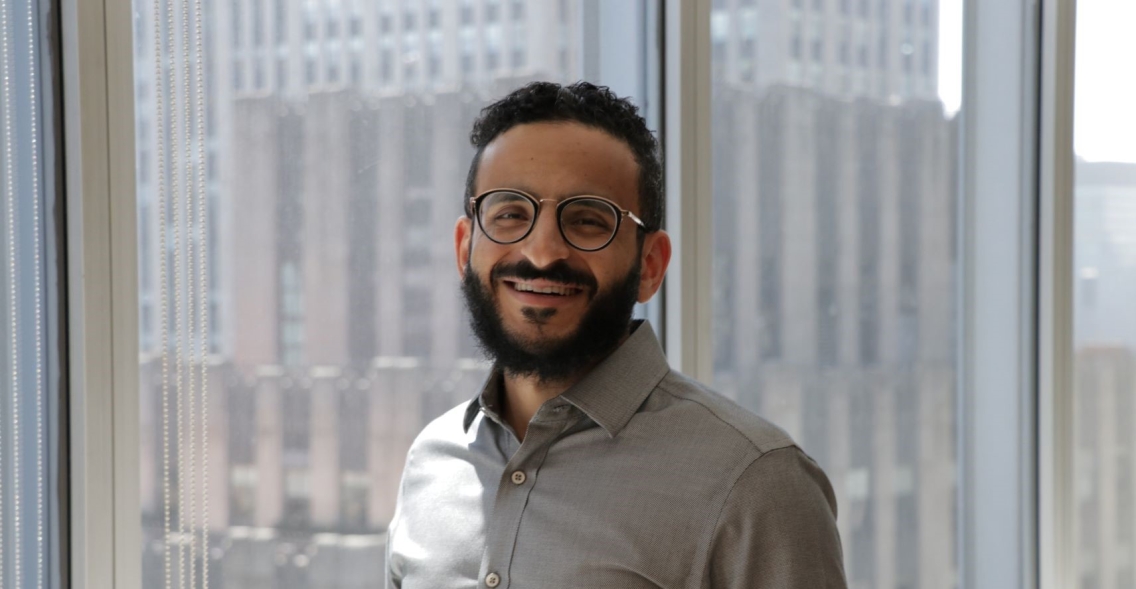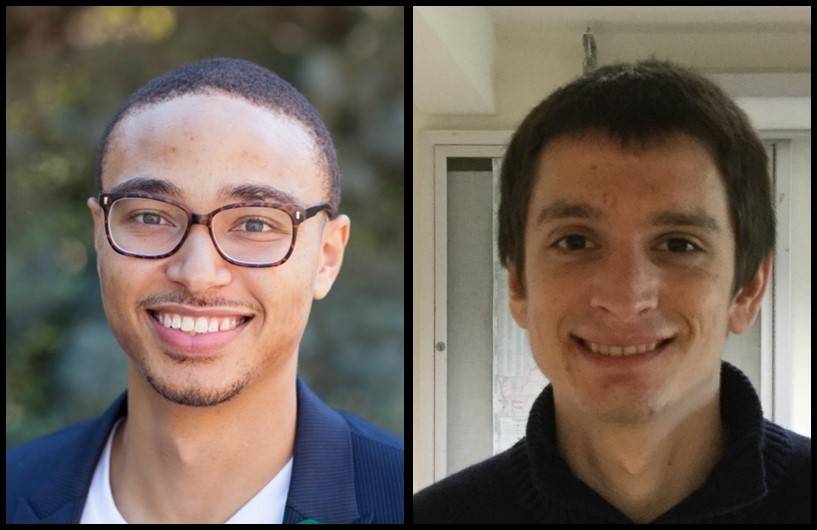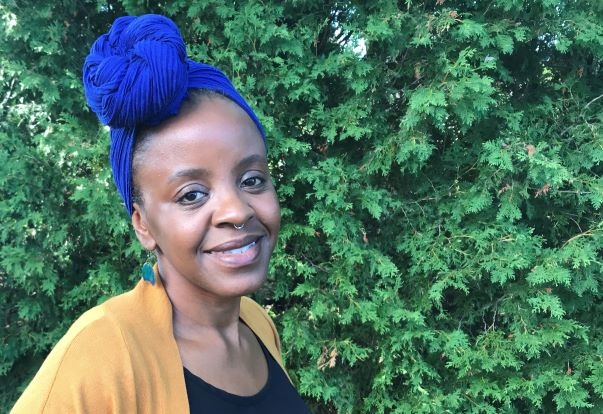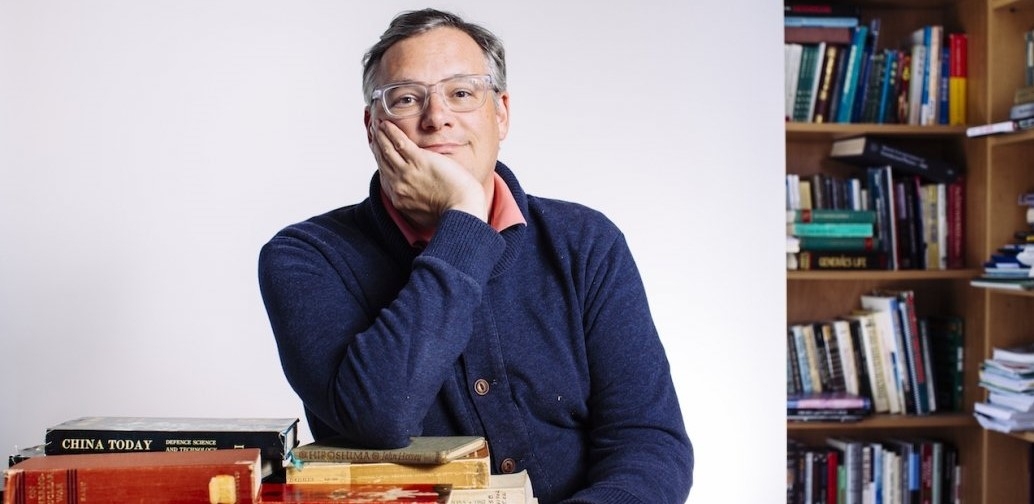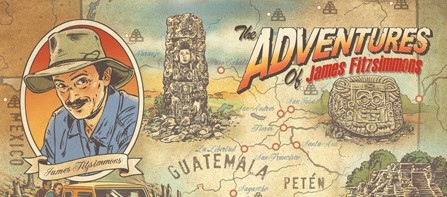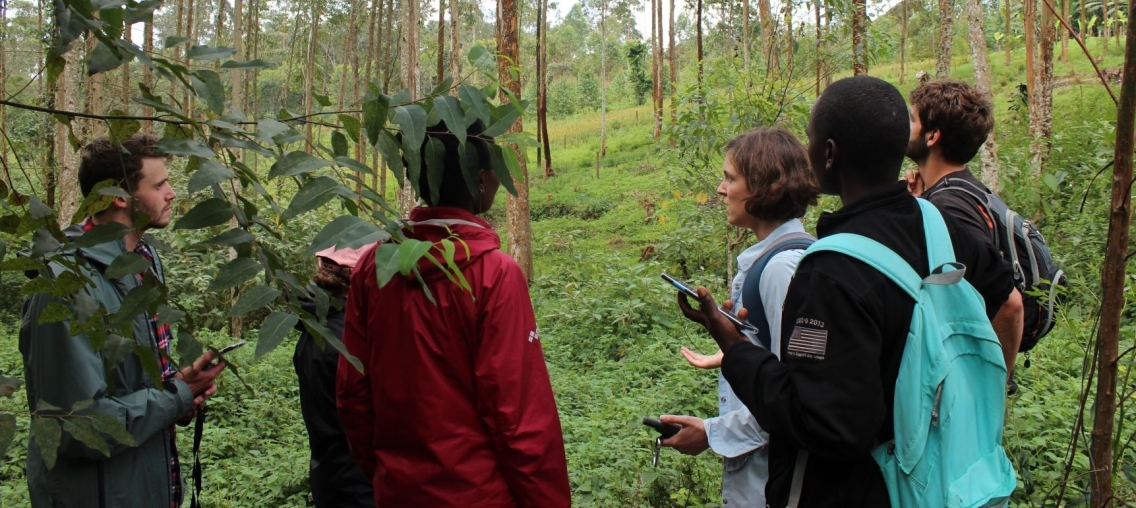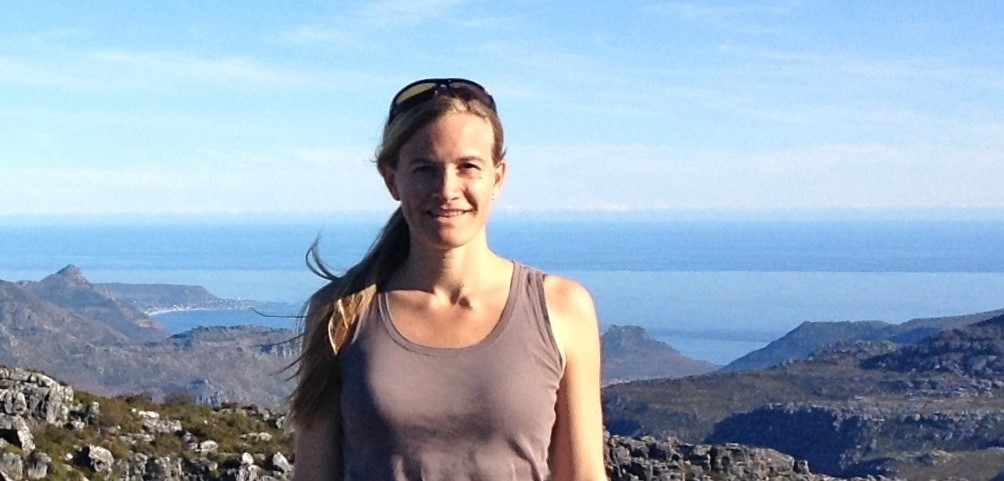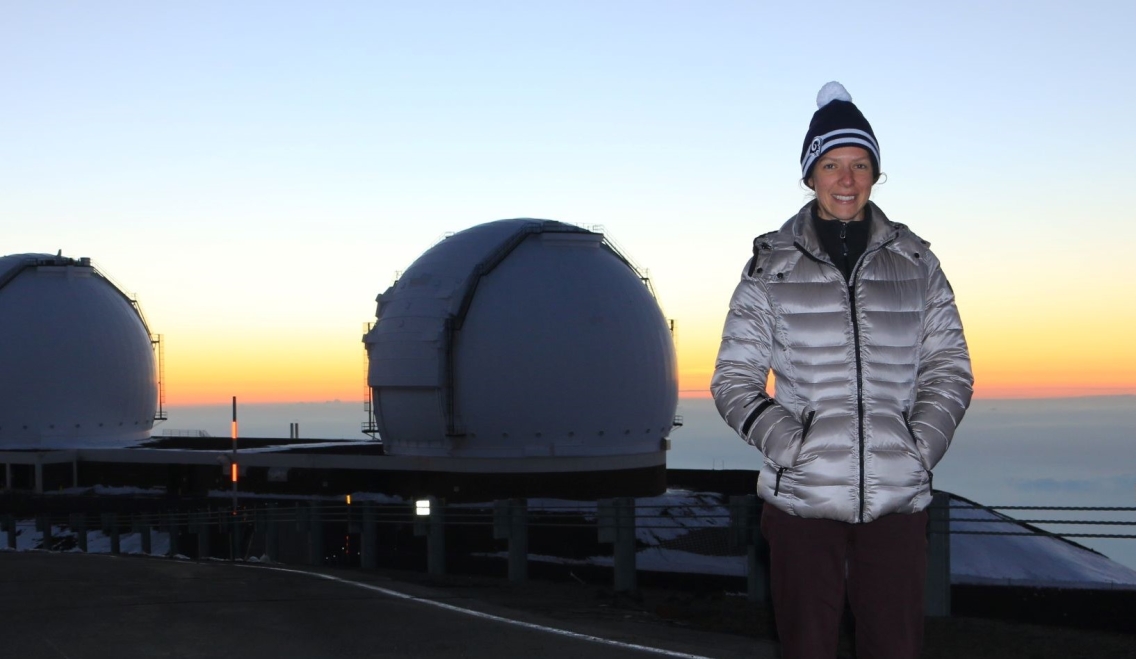Fall 2020 Recorded Series
The following Faculty at Home webinars took place in fall 2020. Recordings of these webinars are posted below.
Peter Stavros - Refugeeness in the 21st Century
Our ability to effectively respond to forced migration flows in the 21st century is hampered by legal and regulatory regimes that reflect neither the reality of modern displacement nor the moral and social imperatives of our age. Looking at Syrian refugees in Jordan as well as the forthcoming issue of the climate displaced, Peter Stavros will discuss how current regimes serve hardly any party’s interests in the ongoing debate over how to address forced migration.
Jason Grant and Alex Lyford - The Accessibility of Big Data
Big data are ubiquitous. Although this may not come as a surprise, you may be surprised at how easy these data are to access without any specialized technical skills! In this talk, we’ll begin by showing the power of accessing big data and the ease at which it can be done by the layperson. We’ll then discuss the pros and cons of the availability of such data and provide examples of each. Finally, we’ll talk about decision-making based on big data in facial recognition and how it will affect the future of humankind.
Natasha Ngaiza - Bearing the Fruits of Our Labor: On Motherhood, Storytelling and Activism
How does one write about challenging political issues for a medium that is primarily consumed as entertainment? How do we balance the specificity of a fictionalized story about individual characters with broader national issues like “Black Lives Matter” and abortion? After viewing my film, A Mother, I’d like to use it as a foundation to talk about trends in current representations of Black lives on film and the “burden of representation.” A Mother is a short film about a Black woman contemplating an abortion while juggling motherhood and a growing interest in a racially charged report about the disappearance of a little Black girl.
Jeffrey Lewis - Sleuthing from Home: How To Use Technology to Monitor Nuclear Weapons Programs Around the World Without Ever Leaving Monterey
The James Martin Center for Nonproliferation Studies at the Institute uses technologies such as computer models and commercial satellite photographs to study nuclear weapons programs around the world. The results look like the work of an intelligence agency, but they are done entirely by faculty, staff and students using open information.
James Fitzsimmons - A Woman In Charge: Magic, Politics, and Discrimination in the Classic Maya Lowlands
The kingdoms and other principalities that dotted the Yucatan in the seventh century were, in terms of everyday governance, patriarchal. Consequently, female rulers existed but were rare. This talk explores the life of one such rare individual: Wak Chanil, a woman who once ruled what is today the archaeological site of Naranjo, Guatemala. Like many powerful women in antiquity, Wak Chanil was a politically ambiguous figure: she was a ruler, but not formally invested as a king or a queen. Unlike most people in her position, however, she was also a usurper and an unapologetic sorcerer. In a time of extreme social and political divisiveness, she was a competent figure. Beloved by her friends and hated by her enemies in a time of extreme social and political divisiveness, Wak Chanil became one of the most successful leaders of her era. Yet, in the end, no women followed her example. She was the last of her kind; this is her story.
Jessica L'Roe - The Forest, The Trees, and How We See Them: Perspectives on a tree planting boom in Uganda
“Help the planet–plant a tree” campaigns are a common environmental initiative. Particularly in the tropics, tree-planting promises to tackle dual challenges of deforestation and climate change. The validity and equity of these types of initiatives depends on who plants the trees, what they replace, and how they impact the communities around them, but local views are often missing from slogans and headlines. Middlebury students and faculty have been working on a collaborative project to understand the shifting trajectory of a rural landscape in Western Uganda and hear the perspectives of people living in the thick of a tree-planting boom. Join faculty Jess L’Roe and student team members Derrick Burt ’20, Jacob Freedman ’21, and Kate Talano ’22 to explore the more complicated story of tree-planting and rural development.
Tanya Byker - The U.S. Gender Gap: Past, Present, and Future
You may have seen gender gap described in the media this way: “Women are only paid 82 cents for every dollar paid to men.” We will talk about where that measure comes from and how it relates to gender discrimination. Professor Byker will discuss how the gender gap has evolved since the 1980s and where it may be going particularly in light of the Covid pandemic.
Eilat Glikman - When Galaxies Collide
The galaxies we see in the universe today formed through a hierarchical process of smaller galaxies merging together, often multiple times, over billions of years. During these mergers, the supermassive black holes residing in the galaxies’ centers also merge. In 2015, the LIGO experiment detected, for the first time, gravitational waves from the mergers of small black holes – but what about the supermassive ones in the centers of merging galaxies? How will we detect those? And where should we look to find these events? I will present a new project that I am developing to answer these questions and identify merging galaxies and their supermassive black holes.


